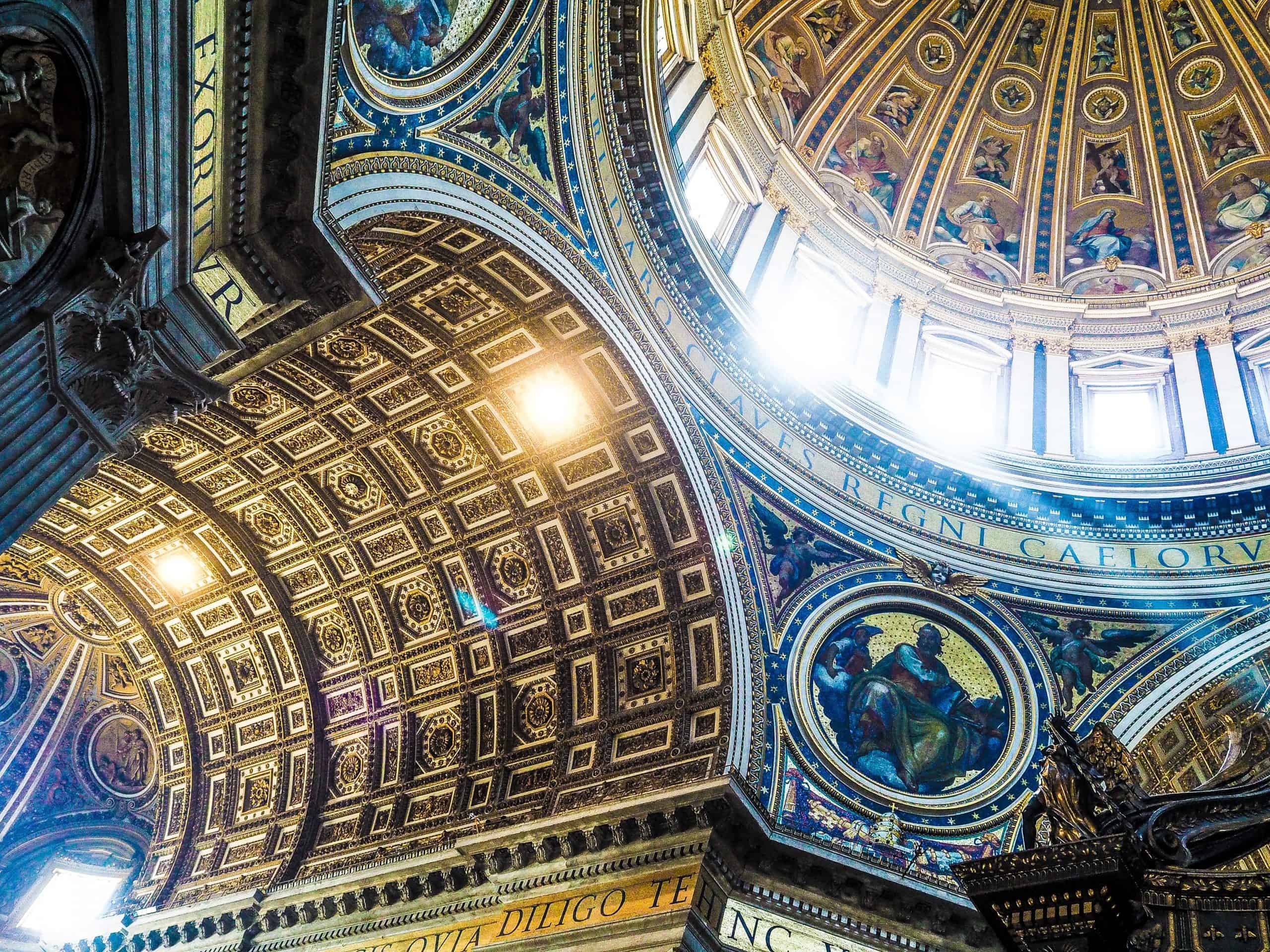When thinking of Catholic pilgrimage destinations, South Korea may not immediately come to mind. However, this captivating country is a hidden gem for those seeking to deepen their faith and explore part of the Catholic Church’s history. Joining a Catholic pilgrimage to South Korea is a truly unique pilgrimage experience. As a lesser-known pilgrimage destination, you will experience the Catholic faith at a slow, contemplative pace, witness the intersection of Eastern and Western influences, engage with an emerging Catholic community, and forge meaningful connections with like-minded pilgrims. Here are 5 reasons why you should go on a South Korea pilgrimage.
1. Examine an Underappreciated Part of Catholic Church History
South Korea boasts a rich Catholic history that is often overlooked on a global scale. Exploring the history of Catholicism in Asia is a unique and eye-opening experience. During a pilgrimage to South Korea, you will explore the early struggles of Korean Catholics through the “Unity Road” and Haemi International Sanctuary, and spend time reflecting on their sacrifices during daily Mass and Holy Hour, among other areas of Korean Catholic history. Discovering this lesser-known aspect of Catholic Church history is humbling and inspiring, allowing pilgrims to better appreciate the global Catholic community.
2. Witness the Blend of Eastern and Western Influences
South Korea is the place where Eastern and Western influences converge in remarkable ways. Whether that’s by experiencing Mass in Gongseri Catholic Church or exploring Seongmodang in Daegu, many historically significant sites in South Korea beautifully combine aspects of Western influences with the rich history and culture of South Korea.
3. Engage with an Emerging Catholic Community
Compared to most Catholic communities worldwide, South Korea’s Catholic inception is relatively recent, dating back to the late 18th century. Despite religious persecution throughout the 19th century, Christianity emerged as one of the most widely practiced religions in South Korea. Today, 29% of the country’s population is Christian, with around 11% of the total population identifying as Catholic. A pilgrimage to South Korea provides a chance to connect with a new and emerging Catholic community.
4. Participate in a Unique Pilgrimage Experience
While famous pilgrimage sites in Europe and the Middle East are widely known and visited, South Korea offers a pilgrimage experience that is far less traveled. The exclusivity provides pilgrims with a sense of discovery and adventure as they explore the country’s hidden gems. Because it is a less traveled pilgrimage destination, you will experience these sites free from swarming crowds and distraction in a personal and contemplative experience.
5. Form Meaningful Relationships with Like-Minded Pilgrims
Joining a Catholic pilgrimage to South Korea means embarking on a journey with like-minded individuals who share a passion for spiritual growth and exploration. The bonds formed with fellow pilgrims can be profound and enduring. Through engaging in a new and likely unfamiliar culture, language, and history in reflection, prayer, and exploration, a pilgrimage to South Korea offers a perfect chance to form relationships with others interested in spiritually furthering themselves, too.
A Catholic pilgrimage to South Korea is a unique and enriching experience that offers a fresh perspective on the history and culture of the Catholic Church. By examining the underappreciated part of the Church’s history in Asia, witnessing the fusion of Eastern and Western influences, engaging with an emerging Catholic community, participating in a one-of-a-kind pilgrimage, and forming meaningful relationships with fellow pilgrims, a pilgrimage to South Korea offers the opportunity to embark on a spiritual journey that will leave you with a deeper understanding of your faith and a renewed sense of purpose.




